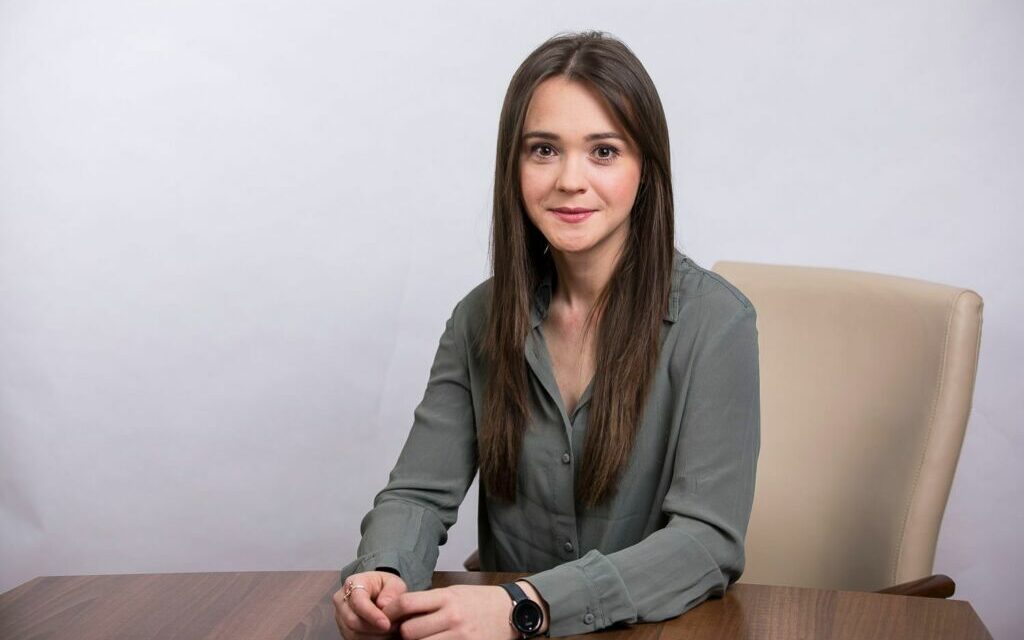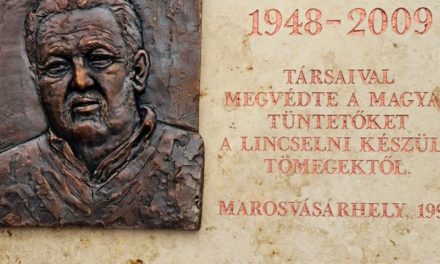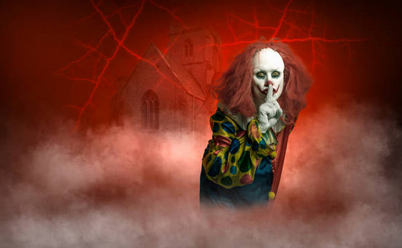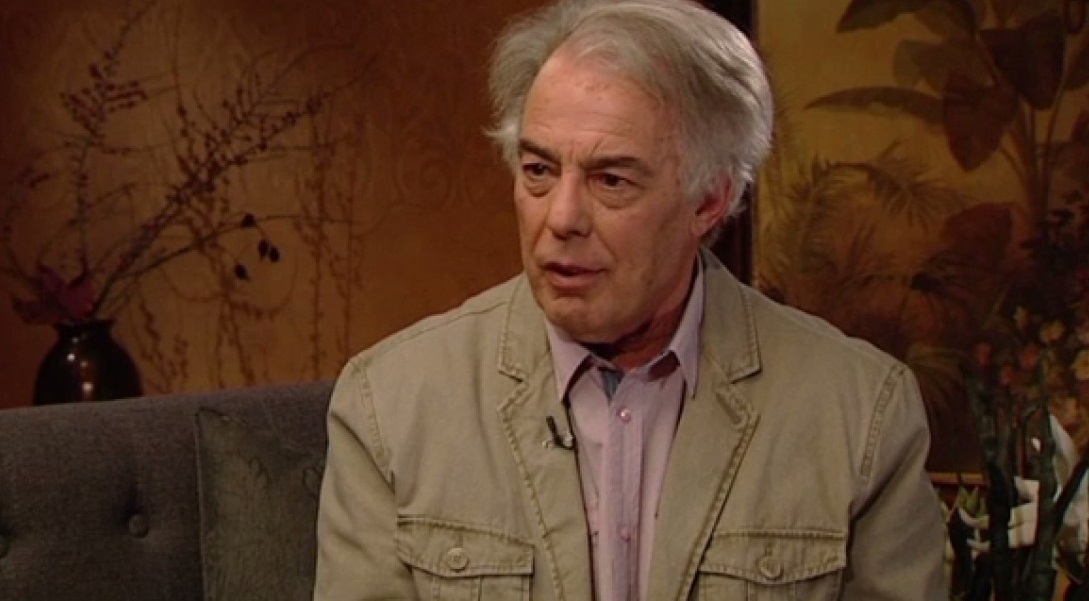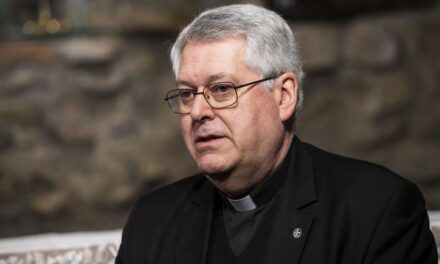Everything I went through served me personally and professionally, without them I would certainly not be the person I am today. Interview.
Perhaps not a day went by in the year when we did not read or hear Petra Halkó's name in the media. The XXI. Szazad Institute's senior analyst is one of the busiest players in his profession. Prepared, thorough and authentic. His face and voice are well known for this very reason, but few people know that he was born in Szeged and still goes "home" to Szeged to this day.
You don't live an ordinary life path, if I just look at your CV and your media presence, it's already extraordinary. What is worth knowing about you, what started you towards public life and public participation?
I started learning French when I was nine years old, it was my first foreign language. One year later, I was able to participate in a two-week study trip in Strasbourg, where we worked on the compilation of the Olympic charter together with French, German and Italian young people. It was a defining experience for me, because on the one hand it was my first trip abroad, and on top of that, alone, apart from my family. On the other hand, I was impressed by the feeling of how two people with different mother tongues and coming from different cultures can understand each other within a project. After a few years at Endre Ságvári Elementary School and Vocational High School, I was already learning English and German, and I really liked foreign languages. This automatically led to the fact that I followed more and more foreign media organizations, and that I became interested in the world of international relations and politics.
After graduation, I continued my higher education in France as a scholarship recipient of the French government, and finally studied politics, economy and strategic decision-making in four countries in four years thanks to scholarships.
Did you aim to go abroad?
Always learning and experiencing, never living permanently and settling down. The time spent abroad was intense, adventurous and full of challenges, but I was primarily motivated by the fact that I was enriched with experiences and all kinds of knowledge that I would not have had the opportunity to acquire at home.
I always knew that after that I had work to do at home.
After all, how many languages do you speak exactly?
Said French, English and German fluently. Apart from Hungarian language and literature, I graduated in French in all my subjects, and wrote theses in German and English. In a self-taught way, I started to deal with the Spanish and Russian languages, but I still need to improve them. Of all of them, however, my favorite is French, there are feelings attached to it, it happens that I dream in that language, I also went to a French theater circle, it permeated my youth.
This level of language knowledge could help you feel at home during your studies abroad. How difficult was this journey?
However, my "Hungarian r-letter" still made it difficult to learn the "French r-letter"... And unfortunately, it was also necessary, because until I pronounced it correctly, I was not considered a full member of the company. Out there, people are not as accepting as they appear to be at first glance.
Because of my origin, I often had to face personal and academic difficulties, in addition to being basically alone thousands of kilometers away from my loved ones, as the only international student on a course of 25 people.
In France, I spent the night with the dorm janitor's assistant after they wouldn't let me into my own room until I produced a French citizen who would guarantee that I would pay my expenses. During the migration crisis, I was almost unable to graduate in Regensburg because I was not willing to spoil my country and write my thesis on how Hungary violates international law with its immigration measures.
And in London, I had to face the fact that the professor casually calls Hungary an "awful country" in class, and they despise me because I proudly declare myself Hungarian. And these are just a few cases out of many. It might have been easier to run or skip these stations in my life, but it might not have been better. I don't mind a slap or a tear, and if I had to decide again, I would do it the same way.
Everything I went through served me personally and professionally, without them I would certainly not be the person I am today.
If you were asked before what you will be when you grow up, what was your answer?
I used to say that I have an obligation to the past and a responsibility to the future. I have always been sure of one thing, that I want to contribute to Hungary's development to the best of my ability and serve the interests of the Hungarian nation so that it has the future it deserves. Why not work for the future generation?
I was born on the day of the founding of the state, it's as if it was "written" from the beginning, but where and in what form I would do this was never really concrete.
I was lucky enough to test myself in many areas, from venture capital investment companies to the media to corporate administration. Now at a research institute, XXI. At Század Intézet, in a very inspiring environment, working together with the best authorities in the country, I can fulfill myself in the framework of creative, intensive mental and intellectual work and test how I can achieve everything that I have set myself as a goal.
If you are of the age group that has already experienced the immediate period before 2010 in some form, you may have memories of the events of 2006, but they are not always conscious. At the same time, this age group only knows about the system change or the previous years from their historical studies. Compared to this, during your work you have to talk about the events of that time and the present. Does the accusation understand what he is explaining, what can this girl know about all this?
Regularly. The fact that I am young and female makes this field more difficult. I am often asked what I have seen of the world, that I dare to declare and state things with such determination. These people forget that age is just a condition that, unfortunately, everyone outgrows too soon. As well as that
my authenticity is not given by what I once experienced, but by what I experience today.
Let's say that I am the posterity to whom they owe an explanation. Those who experience the consequences of certain processes, and as a result can discuss taboo topics, who can ask and then shed light on what happened then and there, how and why it happened the way it did. On the other hand, the fact that I was already fortunately socialized in a welfare system means that I don't see anything as a gift.
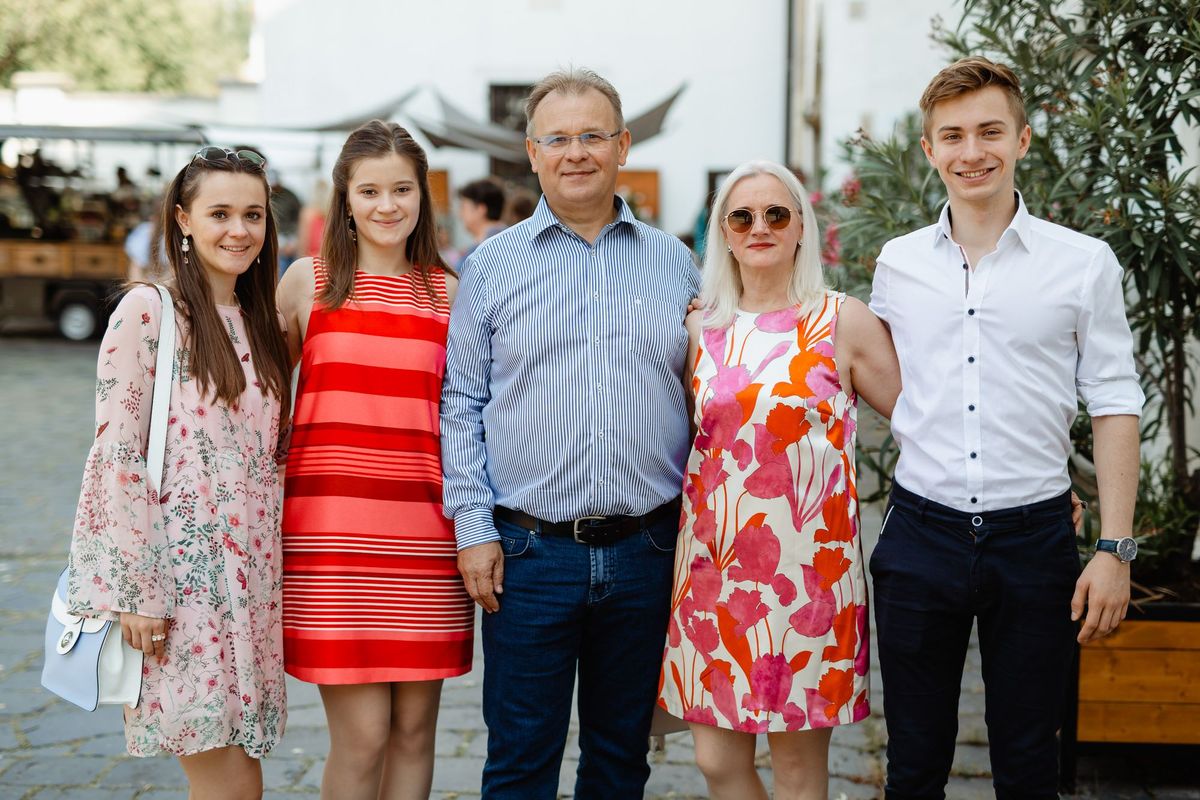
The Halkó family (Photo: Pál Halkó's official website)
Your father has been a figure in public life in Szeged for many years, and is a representative of the government party in the Szeged General Assembly. Did this show you the way too?
It may sound trite, but I can say on behalf of my siblings that both of our parents are our real role models. They believe in humanity, in learning, in humble and steadfast work - this is the kind of education they gave us. However, we were never locked in a box; this is only true because the three of us with my brothers work in three fields, we are good at different things, we have different interests.
They supported each of us in what they saw us as being able to find our own way. But the mentality brought from home is present in all three of us.
Our parents created all the conditions on their own to ensure that we had a perfect childhood, in which we could learn, be curious and think critically. They wanted it to depend not on external factors, but on us, in which direction and how we start, but our decisions, our path, our story are ours. In addition to my grandparents, we talked a lot in the family, but party politics was never on the table in my youth. I remember that I accompanied my parents to an election and wanted to know who they voted for, but they didn't tell me, and I took this very badly. They said that it is everyone's own decision, that one day I will also be able to vote, that will be my free decision, and they only trust that they have given me the kind of education that will enable me to make the right decisions. Their "politics" of a pure heart and common sense, their education based on values and principles of thinking show the way to this day, for which I can never be grateful enough to them.
You studied and lived in many big cities in Europe, now you live in Budapest. Does Szeged still mean home to you?
So much so that whenever I was abroad and wandering somewhere, I never said "I'm going home". I said "I'm going to the dormitory" or "I'm going to the apartment", so where I lived, but it was never home.
My home was in Szeged and it is still the same now.
Today I live in Budapest, I shape my own life there, I flew out of the family nest, but in addition to my roots, I also got my wings in Szeged, so it will always be my home. In addition, let's not forget how much excellence the city of Szeged has hosted, which also makes me proud of my origins.
You came to this interview with a complete "office": you have a computer, a diary, a notebook, you just came from a shoot. When do you rest, how do you unwind?
Also with two calendars, because I'm already preparing for 2024!
I always have a notebook with me in nine cases out of ten, because I always write down by hand when I have a thought. I am lucky and grateful because although I have a lot of work, I enjoy it immensely.
It is very important to me that what I do is intellectually inspiring, that it moves my brain circuits. I have to read a lot for this, but this is also a turn-off for me, I usually read several books on different topics and genres at the same time. I like to play sports, swim, and sometimes run. I like participating in cultural programs, going to concerts, theaters and museums. But what I like most are the human encounters. Spending free time with my loved ones, my family and friends, or meeting new people, being in a community is definitely what turns me off and recharges me the most.
We started with the fact that you are regularly present in the media as a political analyst. Nowadays, those who appear a lot are given the epithet "star", which brings the public figure closer to the people. Can you say you are a "star analyst"?
I would rather leave it up to the public to judge this. As part of my job, I undertake media appearances.
If I deal with an issue, an area, research it, analyze it, delve into it, then I feel it is my duty to explain and present the connections to those who do not deal with it, because they are doing other, useful work.
If I manage to address others with this, it is a joy for me, because then it means that the story has reached its goal.
Petra Halkó is 29 years old, born in Szeged, studied at Endre Ságvári Vocational High School and Primary School. He completed his university studies as a scholarship recipient of the French government at the Université Franco-Allemande, the Corvinus University of Budapest and the City, University of London in the field of foreign policy and economy, strategic decision-making. He is currently a doctoral student at Pázmány Péter Catholic University's Doctoral School of History. His field of research is political thought, the political, economic and social effects of global processes, and their historical roots. Currently in the XXI. Század Institute senior analyst.

